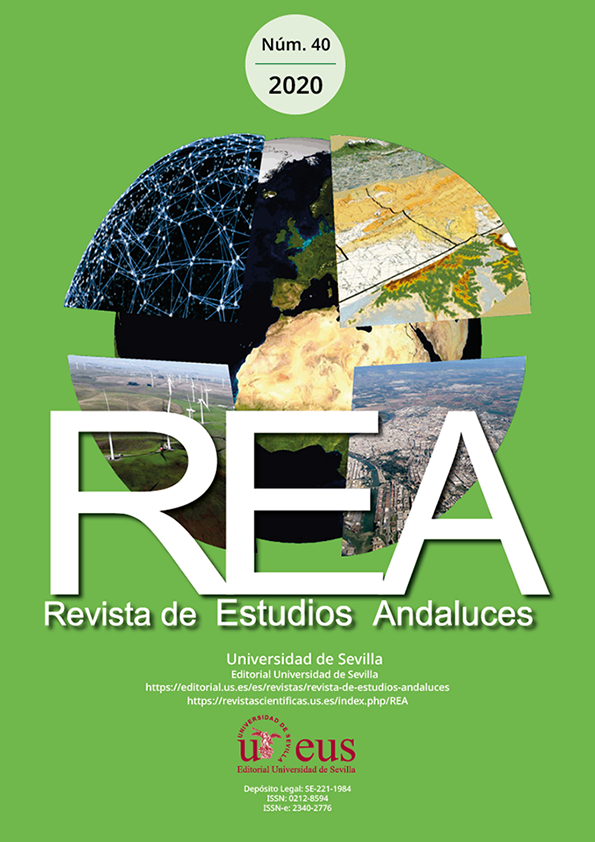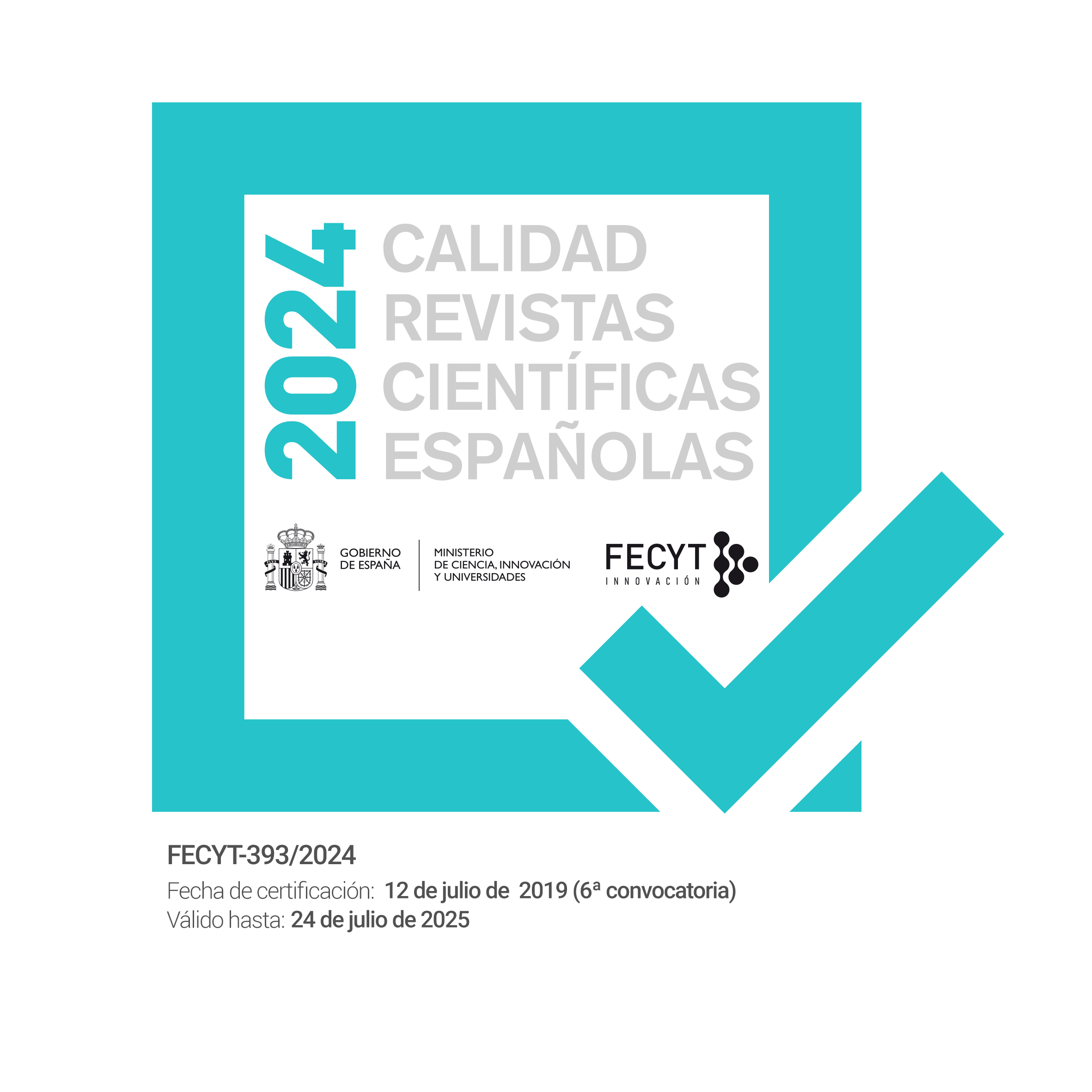Does culinary tourism represent an opportunity to enhance the agri-food heritage? The case of the historical center of Quito
Palabras clave:
Culinary tourism, Traditional cuisine, Local development, Local commerce, Food cultureResumen
The aim of this paper is to identify the manner in which emblematic restaurants are related with the agri-food heritage of Quito from the connection with small local producers. Based on a case study, an analysis was made around empirical observations and secondary sources. The results show that the food offered tend to be acquired from large suppliers of remote areas, decoupling from the local agricultural sector. It is concluded that tourism can play an important role in the equal distribution of income among the diverse economic participants of the sector and in the continuity of the local agri-food systems. For this, the coordination between the tourist and agri-food industries is fundamental, starting with the logic of local commerce.
Descargas
Descargas
Publicado
Cómo citar
Número
Sección
Licencia
La edición electrónica de la Revista de Estudios Andaluces se ofrece en acceso abierto desde el número 28 publicado en 2011 hasta la actualidad. Las ediciones impresa y electrónica de esta Revista son editadas por la Editorial de la Universidad de Sevilla, siendo necesario citar la procedencia en cualquier reproducción parcial o total.
La Revista de Estudios Andaluces no cobra tasas por el envío de trabajos, ni tampoco cuotas por la publicación de sus artículos. La Revista es gratuita desde el momento de la publicación de cada número y sus contenidos se distribuyen con la licencia “CreativeCommons Atribución-NoComercial-SinDerivar 4.0 Internacional” , que permite al usuario de la Revista de Estudios Andaluces criterios que cumplen con la definición de open access de la Declaración de Budapest en favor del acceso abierto. Puede consultar desde aquí la versión informativa y el texto legal de la licencia. Esta circunstancia ha de hacerse constar expresamente de esta forma cuando sea necesario.







